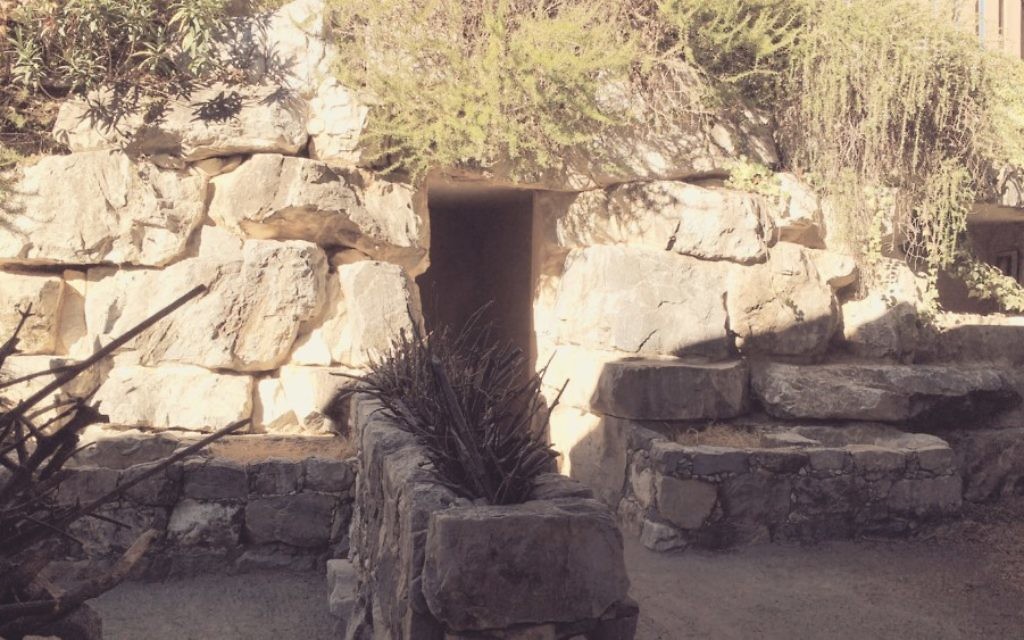Fleming: Archaeology Goes Beyond Politics


The Biblical History Center’s James Fleming lived and worked in Israel beginning in the late 1960s and developed courses in historical geography and biblical history, tying those subjects to biblical texts.
Fleming studied archaeology at the Hebrew University of Jerusalem and has coordinated over a dozen excavations in Israel and neighboring countries. For more than 25 years he has taught Jewish and Arab tour guides about Christianity for the Israel Ministry of Tourism and Palestinian guides in East Jerusalem.
Though fond of LaGrange, he yearns for his adopted homeland. “I miss being around old things. In Atlanta, anything over 80 years old is old.”
Get The AJT Newsletter by email and never miss our top stories Free Sign Up
Known as “Mr. Archaeology,” Fleming considers himself a Christian Zionist, but he is not some conservative, Bible-thumping proselytizer. For him, it is important to have a balanced view on the Middle East. “I have always had Jewish and Palestinian friends. When I lead tour groups, I alternatively hire Jewish and Arab bus companies.”
He deliberately sets quotas for equal numbers of Jewish, Christian and Muslim students in his Israel government tour guide courses. Fleming’s criteria surpass identity, however, “Before accepting students, I ask them if they were prepared to show the same respect to another religious tradition as they would want shown to their own.”
Having been engaged with Israeli society and political culture for several decades, Fleming’s views are deep and well-reasoned: He would like to see Israel further democratize to ensure full civic rights of more non-Jews.
He has had brushes with bigotry: Haredi yeshiva students made at least two attempts to burn down his Jerusalem Biblical Resources Center out of the fear that he was involved in missionary activities.
Hopeful for the near future, Fleming discussed the LaGrange center’s plans for expansion. “Next to our current facility, we want to create a huge relief map of the Sea of Galilee area so people can walk around it, and this will include specific points of interest and interactive activities. We also are going to build a bigger seminar room, entrance area and meal rooms and create more interactive projects for people to enjoy and learn.”
Curious about the state of archaeological affairs in Israel, he said that in Israel “there are roughly 250 major dig sites with varying percentages dug up. Overall, there are approximately 6,000 sites, meaning that many major discoveries have yet to be made. Like anything, the main issue is receiving funding for excavations. Often universities and sometimes businesses support this. Also, many sites are in the West Bank, so there is an added layer of politics involved as well. Recently there have been important digs in Tel Dor (near Zikhron Yaacov), Lachish (near Kiryat Gat) and Shaarayim (near Bet Shemesh), but there are many more.”
Sensitive to the fact that archaeology has become politicized in some respects, he said that although political archaeology is a phenomenon, “we need to respect other people’s traditions, especially when we look at archaeology dealing with the monotheistic faiths. We need to be secure in our own faith tradition. Of course, archaeology can be misused to benefit one’s own faith. Sometimes, especially in politically fraught places, it is difficult to be inclusive and open. At the same time, archaeologists and archaeology can be more objective since we are able to scientifically state when and where a people and their presence have been — and where they’ve not.”





comments